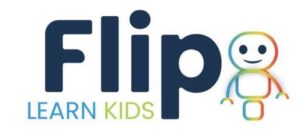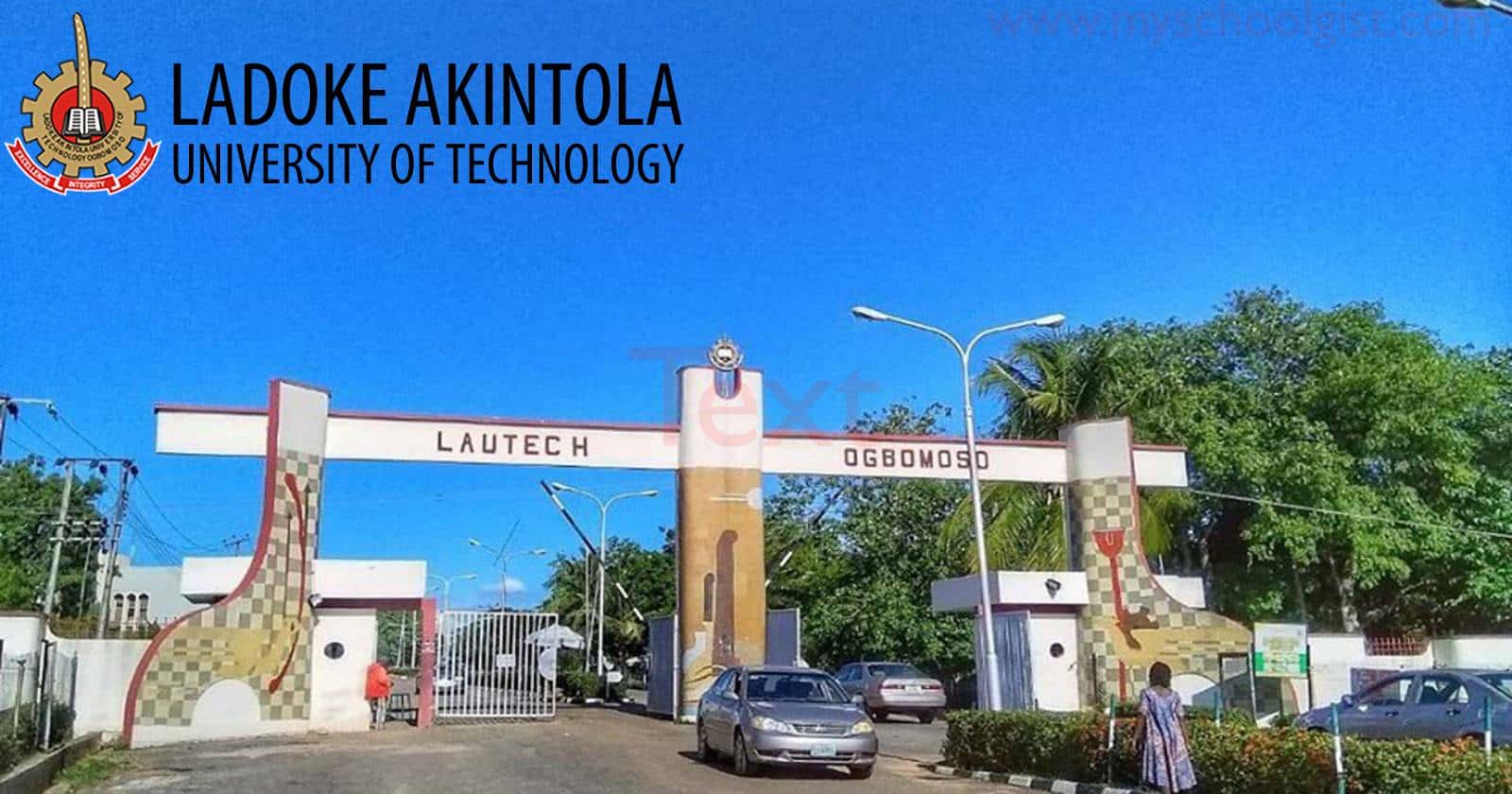While the middle school years have often been a challenging time for both young people and their educators, social media and the social-emotional fallout from the COVID-19 pandemic have brought even more hurdles.
After two years at the district level as director of learning and innovation for Georgia’s Grady County Schools, principal Derek McCoy returned to North Carolina to lead the 400-student Havelock Middle School in 2022. He had previously led middle schools in the state’s Rowan-Salisbury and Cumberland County school districts.
K-12 Dive recently spoke with McCoy to learn more about what it takes to guide students through these changes and how he works with teachers and families to build a proactive school culture.
Editor’s Note: The following interview has been edited for brevity and clarity.
K-12 DIVE: The middle school years can be a difficult and complicated time to guide students through beyond just academic needs. How much more complex has the social-emotional side become following the pandemic and amid things like TikTok challenges?
DEREK MCCOY: Oh my gosh, yes. So, it’s tough. Typically, elementary gets a lot of focus and unique attention, and high school gets a lot of unique and different attention. And middle school just typically kind of gets left off. When people want to come into education, they typically want to come work with elementary age kids, or if they’re strong in content … they want to go to high school.
Middle school is like that last piece, but we have to find those gems, and that’s what makes it worthwhile. So add growing a staff to those things that you just mentioned.
Everybody has felt the stress of returning, and we’re back in school, but we’re still feeling the implications of the pandemic — job-wise or moving-wise or even stress- and economic recovery-wise. Or the trauma that people deal with from their home life that comes to school. For a lot of schools, that’s compounded by people who are still learning to teach and deal with the normal part of teaching but then also have to deal with this new added layer of need that presents itself.
Then you have social media challenges. I’m a proponent for growth with social media. My learning trajectory has changed because of social media. But we have young influencers now, young followers now, who will see a challenge or they’ll have entire emotional cycles through social media. Conflict will start, and it will go to a whole other level on social media. And then it comes to school. And [students] don’t know how to handle that conflict.
And again, some schools are dealing with cuts. So we’re dealing with less staff to deal with more significant recent problems. We’re fortunate that our school district is just rethinking some things, trying to do some things different, to help support new people, new personnel, and our community and what we do. It really is tough.
With all the problems social media can present, how much more important has it become for you as a principal to make sure there are digital citizenship lessons in the school?
MCCOY: It’s critical. Our district pulled together a couple of good resources for that.
As a school, we have an everyday mission about being kind and being the kind of person you want people to be to you. So it is constant. We cannot do enough and say enough for that piece.
Often, our piece has to be teaching them more of the value of inclusivity rather than the drama of exclusivity.

Derek McCoy
Principal, Havelock Middle School
We dedicate morning time every day, from 8:15 to 8:30, for kids to engage in those lessons and some other kinds of lessons, just for that awareness piece. It’s critical, and it’s needed.
There’s a lot that we have to rethink in education. We still are pretty much trapped by reading, writing, math, classes and blocks of time. We have to get a more integrated and better approach to how we integrate and prioritize the kindness and the stability and the emotional health and respect we need our kids to show one another.
You’ve touched on this a little bit already, but in the elementary school years, you’re basically building students’ foundational academic skills, and then you get to middle school, and that’s when students are really starting to discover their voices and explore who they are. As a principal, how do you help teachers in your building navigate meeting both those academic and human growth needs?
MCCOY: What we do here at the middle school level cannot be just about reading, writing and arithmetic. It has to be about the cultural part, the societal part, of being a middle schooler, where they are looking for a different level of socialization. They are looking more into their culture in terms of what they like to do and who they like to do things with.
Often, our piece has to be teaching them more of the value of inclusivity rather than the drama of exclusivity. Because that’s where a lot of kids get isolated or they feel mistreated, they feel bullied, when they feel like they’re being left out intentionally. And there could be some of that, but it’s often that we’re developing our social circles, and we don’t know how to include, but it’s easy to exclude.
So our talks with teachers have to be about, “Here’s what the 11-, 12-, 13-year-old brain does.” And again, it’s still developing. It’s still growing. So we have to paint that portrait of a middle school learner. And we have to paint a bigger picture. It can’t just be about the learning that happens within our four walls.
When we can create authentically curious learners, that makes everybody’s job and everybody’s work and fascination that much deeper and that much easier. It’s incumbent upon us to not just think like the teachers we were, or the teachers we had when we were in middle school. In the book, we say, “Don’t be the teacher you had as a student. Be the revolutionary your learners need you to be.”
What you were saying about brain development really stands out, too, because at that stage of life and growth, in those preteen and early teenage years, the brain’s a lot more geared toward instant gratification without as much thought to consequence.
MCCOY: Yes, sir. And add to that the new value system that social media is presenting out there. What I mean by that is, “How many followers do I have? If I do this short video, can I get a bunch of likes? Can I get a bunch of followers?” That instant gratification — with very little thought of consideration to the value that it has or to the implications that it may have.
There’s a lot of content out there, people who might be doing some self-aggrandizing things, but they might also be doing some unkind things or whatnot. But it’s all toward getting more looks, it’s all toward getting likes — that instant gratification piece.
It is incumbent upon the schools to have that component where we talk about being socially responsible, being kind, sticking up for one another, and what kind of person — what kind of friend — do you want to be?
That’s where the win is gonna be: When we can get parents to help us, when we can inform parents and make them aware.

Derek McCoy
Principal, Havelock Middle School
And again, all of that is compounded with a lot of the ramifications from the pandemic and the recovery from it and how slow it is to get things to a different and better spot.
Coming back from the pandemic, one of the initial challenges was a viral TikTok trend that involved vandalizing school bathroom fixtures. How are you navigating issues like that?
MCCOY: When that was hitting — one was, like, the restroom mirror, and another was sinks and soap dispensers — it was jarring.
Thankfully those challenges, I don’t wanna say stopped, but they were greatly halted.
I remember when it happened, not at this school, but at my last school. We didn’t know what was going on until somebody shared it with us. We had to do some schoolwide announcements, some community announcements, just to put it out there and let people know.
But a lot of that goes back to the adolescent mind looking for some things to participate in, looking for some followers, not even thinking about the implications or the consequences, and just making some very poor choices. So we have to monitor. We have to be on top of it.
I do a monthly virtual community talk the first Thursday of the month. I’ll talk for about 15 minutes on schoolwide stuff, and then I’ll just open up the floor to the parents for any discussions that they want.
We talk about things like social media or emotional health, just to make whoever can attend aware and to give them some dinner conversations — because that’s where the win is gonna be: When we can get parents to help us, when we can inform parents and make them aware.
When we can make them aware, they can have conversations that head off a lot of these things. The victory for that is not going to be punitive, it’s going to be preventive. It’s going to be an education. It’s going to be in talks about why we should or should not do this, or the good and the value of not doing that. Those are the talks and the wins we need to have.






Leave a Reply